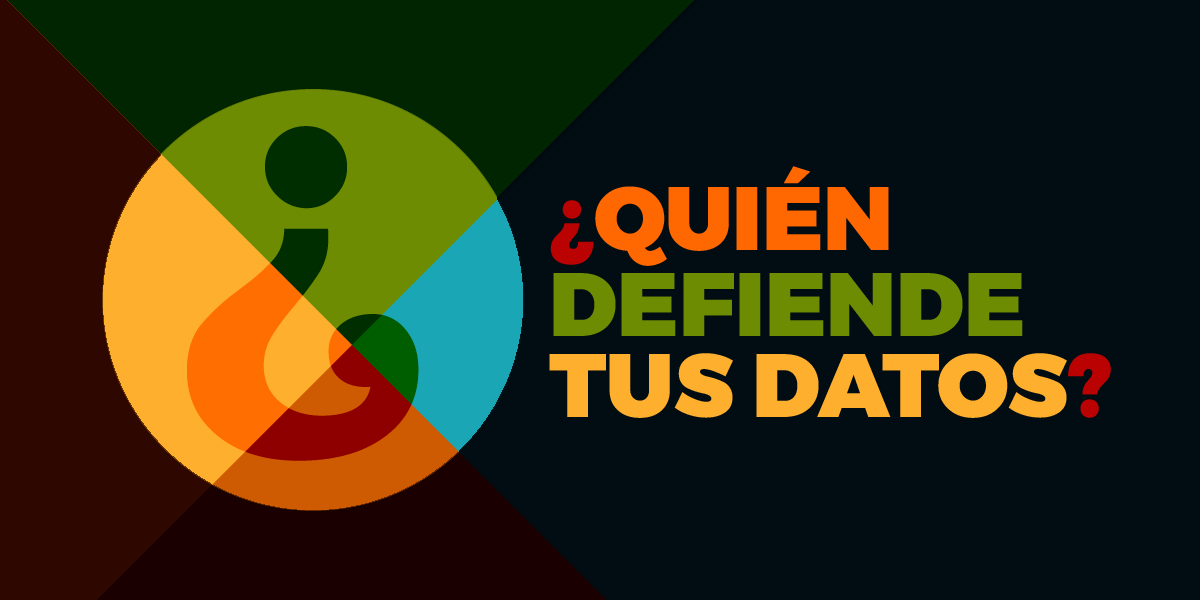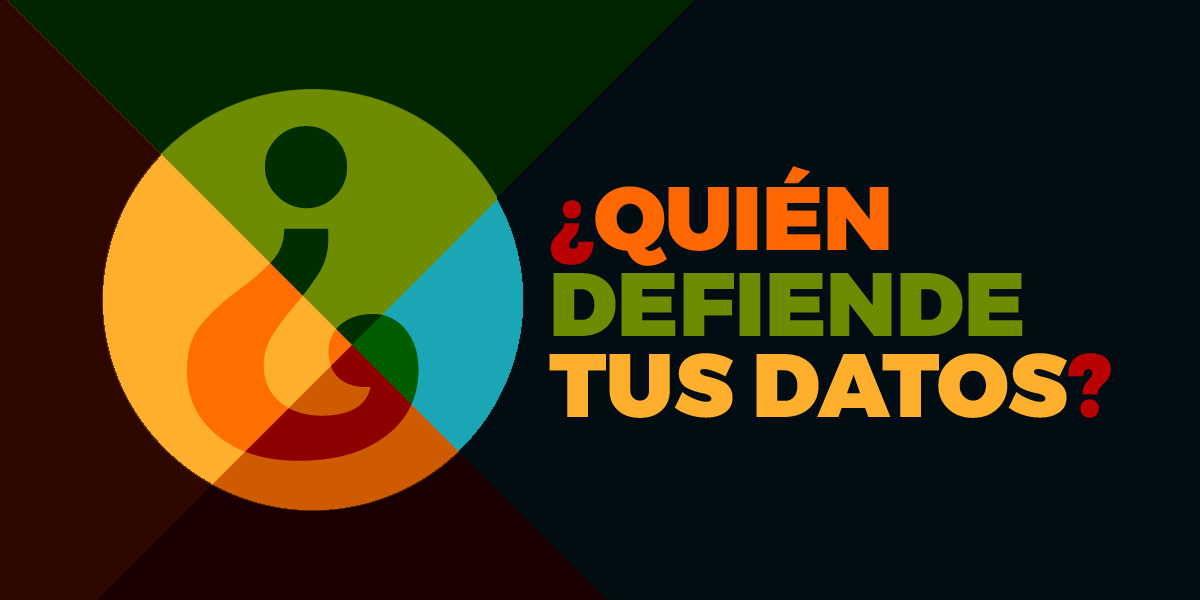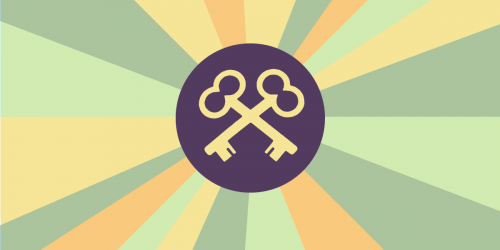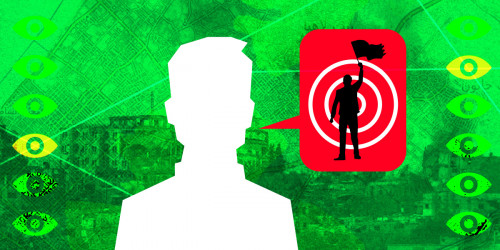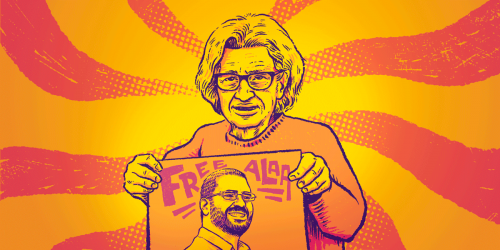Hiperderecho, Peru’s leading digital rights organization, has launched today its third ¿Quién Defiende Tus Datos? (Who Defends you Data)--a report that seeks to hold telecom companies accountable for their users’ privacy. The new Peruvian edition shows improvements compared to 2019’s evaluation.
Movistar and Claro commit to require a warrant for handing both users’ communications content and metadata to the government. The two companies also earned credit for defending user’s privacy in Congress or for challenging government requests. None scored any star last year in this category. Claro stands out with detailed law enforcement guidelines, including an explanatory chart for the procedures the company adopts before law enforcement requests for communications data. However, Claro should be more specific about the type of communications data covered by the guidelines. All companies have received full stars for their privacy policies, while only three did so in the previous report. Overall, Movistar and Claro are tied in the lead. Entel and Bitel lag, with the former bearing a slight advantage.
Quien Defiende Tus Datos is part of a series across Latin America and Spain carried out in collaboration with EFF and inspired in our Who Has Your Back? Project. This year’s edition evaluates the four largest Internet Service Providers (ISPs) in Peru: Telefónica-Movistar, Claro, Entel, and Bitel.
Hiperderecho assessed Peruvian ISPs on seven criteria concerning privacy policies, transparency, user notification, judicial authorization, defense of human rights, digital security, and law enforcement guidelines. In contrast to last year, the report has added two new categories – if ISPs publish law enforcement guidelines and a category checking companies’ commitments to users’ digital security. The full report is available in Spanish, and here we outline the main results:
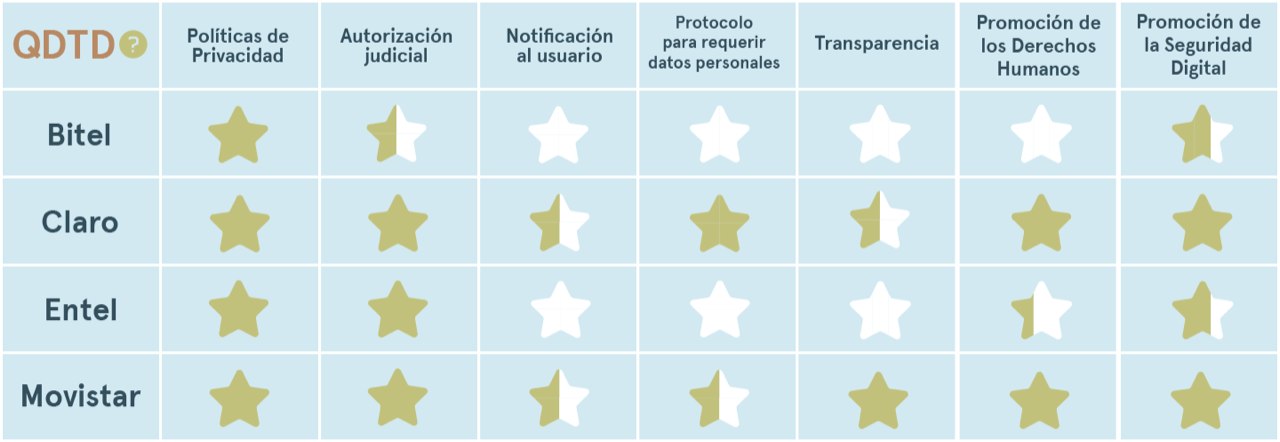
Regarding transparency reports, Movistar leads the way, earning a full star while Claro receives a partial star. The report had to provide useful data about how many requests received and how many times the company complied. It should also include details about the government agencies that made the requests and the authority’s justifications. For the first time, Claro has provided statistical figures on government demands that require the “lifting of the secrecy of communication (LST).” However, Claro has failed to clarify which type of data (IP addresses and other technical identifiers) is protected under this legal regime. Since Peru's Telecommunications Law and its regulation protect under communications secrecy both the content and personal information obtained through the provision of telecom services, we assume Claro might include both. Yet, as a best practice, the ISP should be more explicit about the type of data, including technical identifiers, protected under communication secrecy. As Movistar does, Claro should also break down government requests’ statistical data in content interception and metadata.
Movistar and Claro have published their law enforcement guidelines. While Movistar only released a general global policy applicable to its subsidiaries, Claro stands out with detailed guidelines for Peru, including an explanatory chart for the company’s procedures before law enforcement requests for communications data. On the downside, the document broadly refers to "lifting the secrecy of communication" requests without defining what it entails. It should give users greater insight into which kind of data is included in the outlined procedures and whether they are mostly focused on authorities' access to communications content or refer to specific metadata requests.
Entel, Bitel, Claro, and Movistar have published privacy policies applicable to their services that are easy to understand. All of the ISP’s policies provide information about the collected data (such as name, address, and records related to the service provision) and cases in which the company shares personal data with third parties. Claro and Movistar receive full credit in the judicial authorization category for having policies or other documents indicating their commitment to request a judicial order before handing communications data unless the law mandates otherwise. Similarly, Entel states they share users' data with the government in compliance with the law. Peruvian law grants the specialized police investigation unit the power to request from telecom operators access to metadata in specific emergencies set by Legislative Decree 1182, with a subsequent judicial review.
Latin American countries still have a long way ahead in shedding enough light on government surveillance practices. Publishing meaningful transparency reports and law enforcement guidelines are two critical measures that companies should commit to. Users’ notification is the third one. In Peru, none of the ISPs have committed to notifying users of a government request at the earliest moment allowed by law. Yet, Movistar and Claro have provided further information on their reasons and their interpretation of the law for this refusal.
In the digital security category, all companies have received credit for using HTTPS on their websites and for providing secure methods to users in their online channels, such as two-step authentication. All companies but Bitel have scored for the promotion of human rights. While Entel receives a partial score for joining local multi-stakeholder forums, Movistar and Claro fill up their stars for this category. Among others, Movistar has sent comments to Congress in favor of user’s privacy, and Claro has challenged such a disproportionate request issued by the country’s tax administration agency (SUNAT) before Peru’s data protection authority.
We are glad to see that Peru’s third report shows significant progress, but much needed to be done to protect users’ privacy. Entel and Bitel have to catch up with the larger regional providers. And Movistar and Claro can also go further to complete their chart of stars. Hiperderecho will remain vigilant through their ¿Quien Defiende Tus Datos? Reports.


